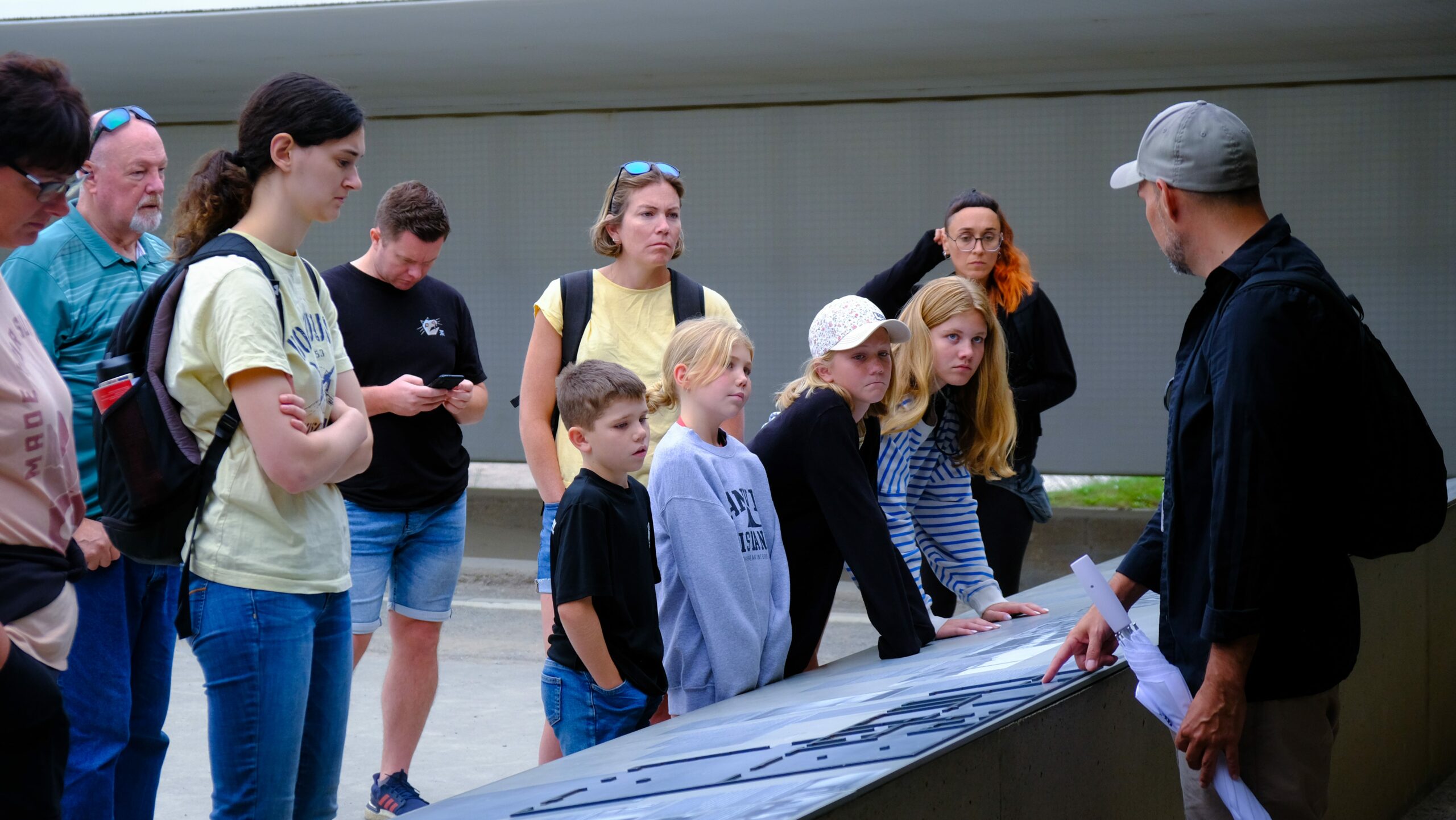Introduction
The techno genre developed through important work done by Detroit and Berlin music communities. Each city has added its own kind of music production techniques and mood to techno development. This article studies every detail that makes Detroit techno different from Berlin techno.
Detroit Techno
- Early in the 1980s Detroit techno music began with musical talents Juan Atkins, Derrick May, and Kevin Saunderson. Throughout the 1980s Detroit techno artists brought together soulful funk rhythms,synthpop basics, and electronic instruments. Here are the main characteristics of music from Detroit techno.
- Detroit beat creators merged two global styles of music electronic and Motown.
- Emphasis on melodic and hypnotic synth lines.
- Performers use drum machines electronics and sampling tools to invent new music sounds.
- Deep basslines and pulsating beats.
Berlin Techno
- In the 1990s techno music in Berlin developed after the fall of the Berlin Wall. Techno developed strongly because Detroit offered its artists a creative environment full of artistic freedom. These are the main features of Berlin techno music.
- The consistent heavy beats drive people into a trance state of focus.
- Minimalistic and industrial soundscapes.
- The tracks usually continue beyond ten minutes.
- Emphasis on dark and gritty atmospheres.
- Sound and Atmosphere
Techno scenes between Detroit and Berlin vary mainly through their music production and environments.
Detroit Techno Sound and Atmosphere
Techno from Detroit adds emotional character to its dance performance. The music produces emotional effects and shows different life stories through its sounds. You can hear many different feeling in Detroit techno music from lively tempos to quiet reflective sounds. The space combines dance energy with a curious mindset that lets people both move their bodies and hear deeply.
Berlin Techno Sound and Atmosphere
Berlin techno presents an industrial electronic music style that people describe as distant and harsh. The music style generates unchanging beats that put people in a deep state of absorption so DJs can spin for extended club performances. Music in these spaces becomes very vigorous and deep subterranean due to its focused and unending energy.
Venues and Club Culture
Music clubs and party spaces serve as major distinguishing aspects between Detroit and Berlin techno scenes.
Detroit Techno Venues and Club Culture
Major Detroit venues in its local club culture include The Works, TV Lounge, and The Magic Stick that have preserved their history. Local artists and event promoters at Detroit work together often to support their community techno events. Detroit holds the Movement Festival for techno lovers to attend from worldwide.
Berlin Techno Venues and Club Culture
The city stands out through its famous underground clubs such as Berghain, Tresor, and ://about blank. Club life in Berlin runs through parties without limits and defends openness to all participants. The city functions legally 24 hours per day establishing its status as the top techno hub of Europe.
Influence and Global Reach
Detroit techno and Berlin techno played major roles in shaping the worldwide techno music culture.
Detroit Techno Influence
Detroit techno technology created the base elements which have driven electronic music development throughout the decades. Techno music from Detroit spread its sounds throughout international sub-genres and around the world. Detroit techno artists taught the world about electronic music while they created a legacy that artist producers follow today.
Berlin Techno Influence
Berlin techno developers have expanded electronic music limits through their unique technical methods. Electronic music in Berlin reaches beyond nightclubs as the city stands as an international event venue where artists partner to develop new music projects. Berlin techno music has become popular worldwide to attract musicians and electronic fans who want fresh inspiration.
Conclusion
Each type of techno music has impacted global electronic music yet creates different types of club experiences. Detroit techno lifts from the city’s musical roots to mix emotional music with electronic sounds while Berlin techno creates dark industrial based clubs that hold visitors in deep sound experiences. Across the globe techno fans depend on these cities for their pioneering influence on electronic music. Your study of Detroit and Berlin techno helps you see the full range of techno music development.
Table of Contents

